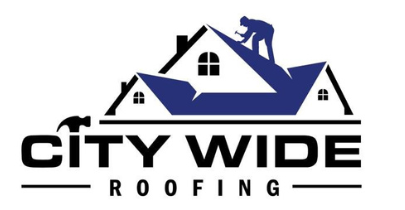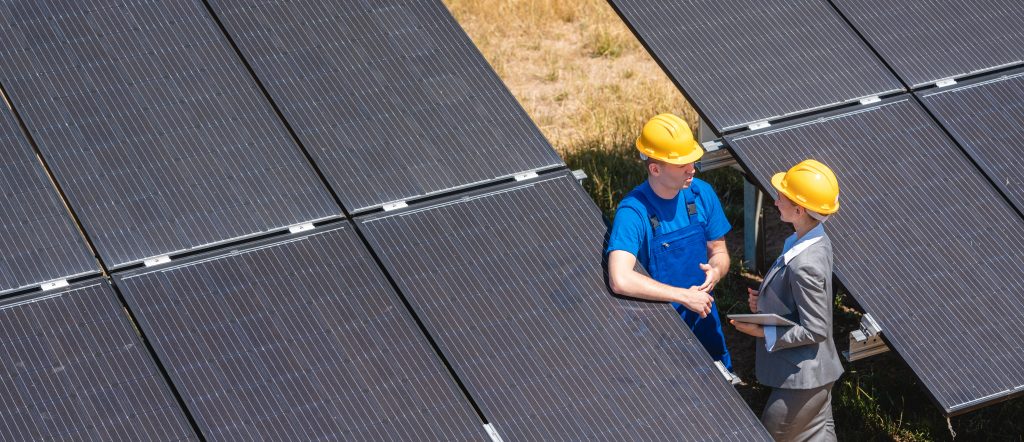It’s obvious that energy performance is necessary to property owners. But what about energy performance for your roof? There are many elements to think about when selecting a new energy-efficient roof, however one thing you may not have actually thought about is the color of your roof. Does black make it hotter? Black roofs can be energy efficient due to the fact that they reflect heat and cool the house down faster than white roofs.
A great deal of people are worried about the temperature inside their house. They wish to make sure they have a comfortable home at all times, even in the winter when it’s freezing outside. Energy efficient roof in Stocktons are one method to do this due to the fact that they can reflect heat back into your house instead of letting it escape out onto the street or up into the sky. This means that you will always have the ability to remain cool and comfortable inside your home while saving cash on energy expenses!
It’s not simply the color of your roof that matters; it can likewise be how well insulated it is. Energy-efficient roofs are developed to keep heat in during the winter and out in the summertime. And when you factor in all the advantages they use, like saving money on cooling and heating costs, extending roof life span, decreasing maintenance gradually, and protecting against leaks or water damage due to ice dams or heavy snowfall, an Energy efficient roof in Stockton truly pays for itself!
Lots of people think that black roofing product is energy efficient and cooler than other colors. Nevertheless, this may not hold true. In fact, a black roof can increase energy usage by as much as 30%. This blog post will go over if black roofs are energy efficient and how much energy they use.
It’s a common misconception that black roofing material makes houses hotter. In fact, Energy efficient roof in Stocktons have been revealed to be cooler than standard products. There are many aspects involved in how hot or cold your house will feel depending on the time of day and what angle the sun is at, but energy efficiency is one aspect that can keep it from being too stuffy indoors when you’re attempting to cool off with a/c.
Light-colored roofs reflect heat while black colored roofs absorb heat and move it into your house. Many people choose dark-colored roofs because they warm the interior of the house. Nevertheless, several other factors determine the temperatures inside your home. A dark roof won’t warm your house if you reside in a freezing area.
Nevertheless, if you reside in a warm location, a dark roof could make a considerable difference to things like energy expenses. What takes place is that the roof will absorb heat and move it to your interior, therefore reducing the amount of heating needed in your house. On the contrary, if you live in an exceptionally hot area, a light-colored roof will keep your home cool.
Here are things you can do to manage your house temperature levels if you have a dark-colored roof.
- Proper Insulation
You can insulate your dark-colored asphalt roof to decrease the quantity of heated moved into the living space below. When the interior temperatures increase, your home becomes uncomfortable.
- Correct Ventilation


